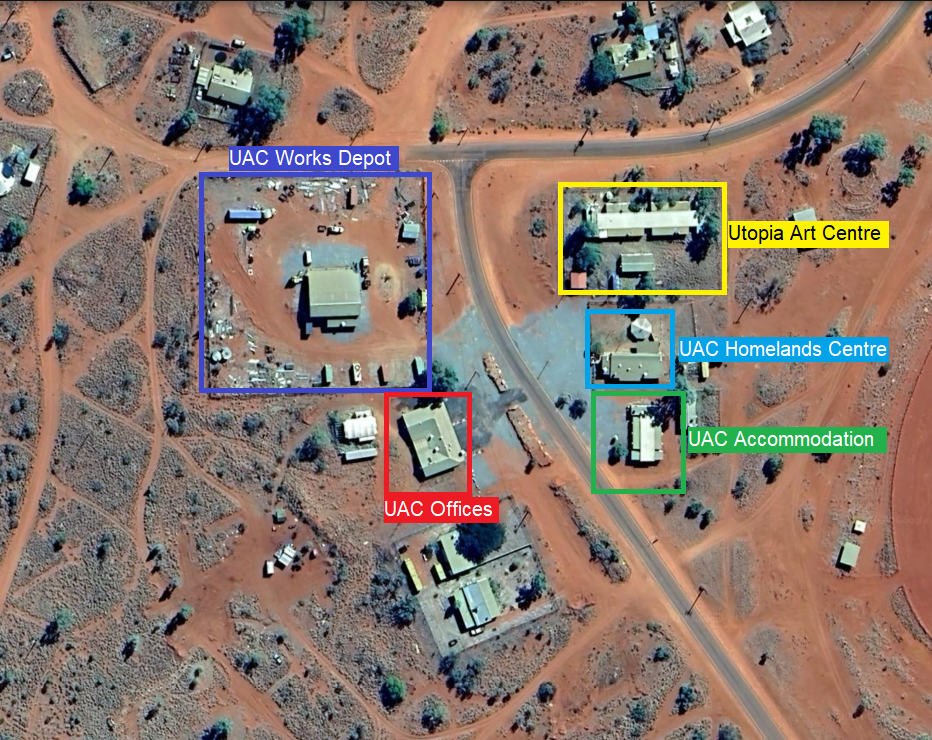
About Us
Urapuntja Aboriginal Corporation (UAC) serves 16 Homelands in the region, also known as Utopia. In addition, we serve six additional communities, just outside of Urapuntja Homelands.
We provide advocacy, community services, social family and community support, art and culture, as well as limited municipal and homelands maintenance.
The Corporation is governed by Board of Directors of Traditional Owners from the Urapuntja homelands. Our Chief Executive Officer is James (Jim) Stacey.
Located in the remote desert, the Urapuntja Aboriginal Corporation offices are based in the Arlparra outstation, and accessible by road via the Sandover Highway.
Arlparra is 270kms northeast of Alice Springs and 381.8 kms south- east from Tennant Creek by road.
Access to homelands are mostly unsealed roads. About 20 kms of road are sealed from Arlparra, north to the airstrip and Urapuntja Health Centre at Amengernterneah.
Alyawarr and Anmatjirra are the main languages spoken in the region.
Please respect that the homelands are dry communities. Alcohol is strictly prohibited, whether you are a resident, worker, visitor or contractor.
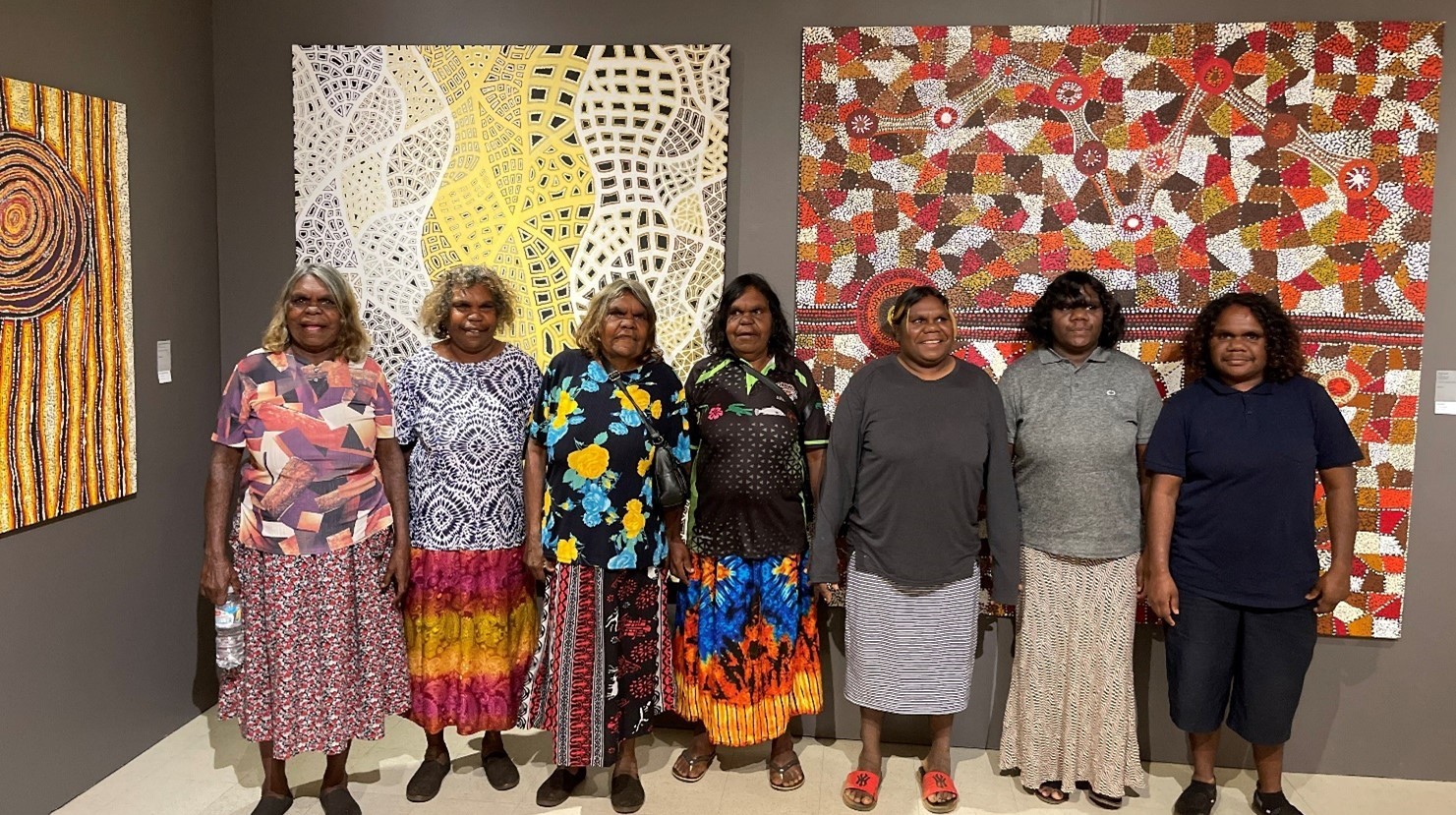
Our Values
- Our culture informs our way of working and living.
- We expect those who partner and collaborate with us to respect our ways of working.
- We listen to the voices of our people that underpins our decision-making and ensures our solutions are community-led.
- Decisions by the Corporation are fair and transparent.
- Our governance is strong and will support the next generation of leaders.
Organisational Chart
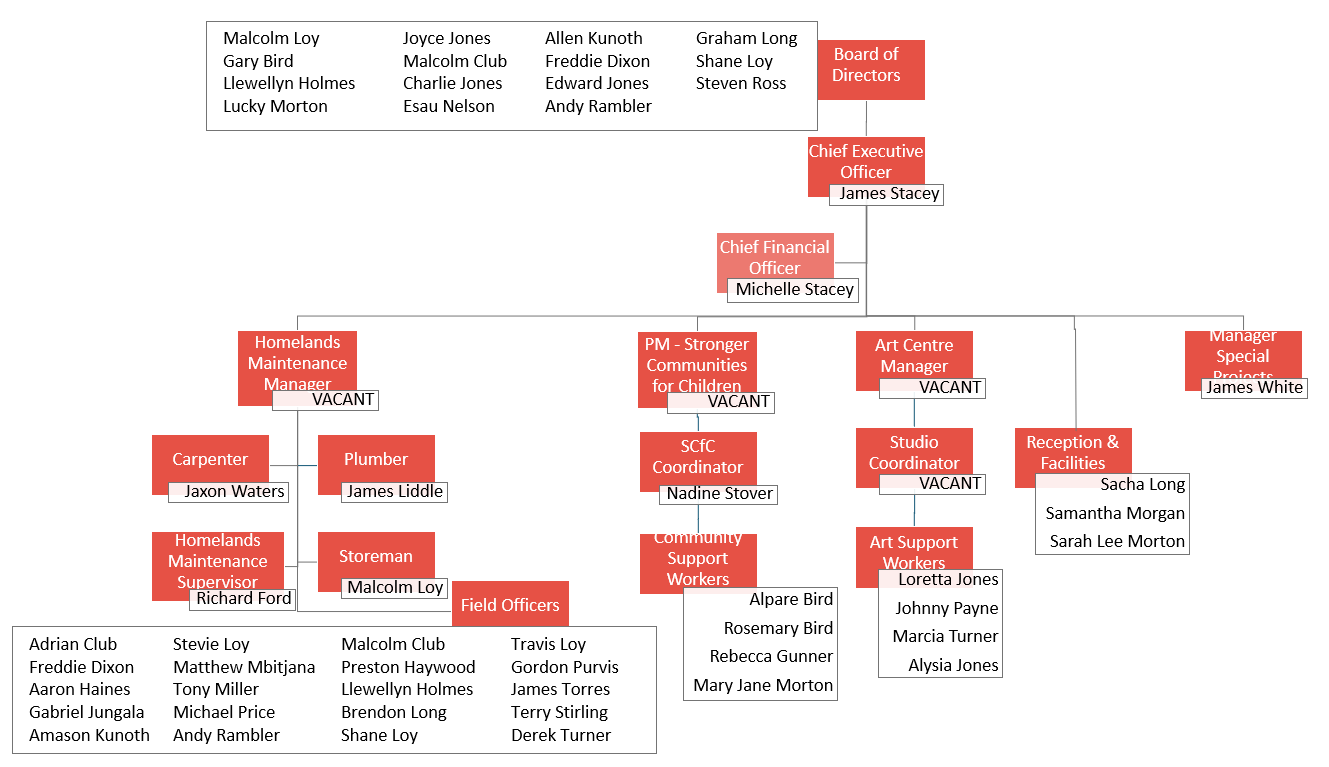
Board of Directors
Urapuntja Aboriginal Corporation is governed by Traditional Owners representing the Urapuntja homelands (also known as Utopia).
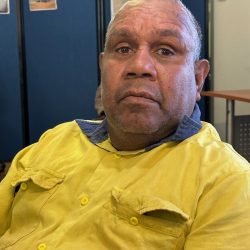
Malcolm Loy (Chair)
Arlparra
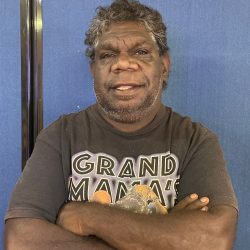
Allen Kunoth
Apungalindum
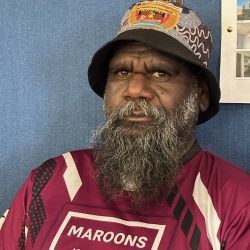
Llewellyn Holmes
Indaringinya
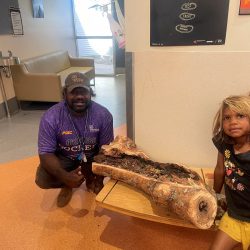
Edward Jones
Urapuntja Homelands
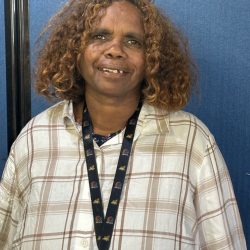
Joyce Jones (Deputy-Chair)
Soakage Bore
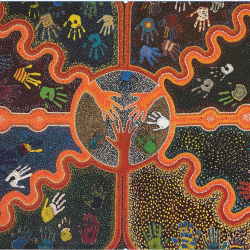
Andy Rambler
Urapuntja Homelands
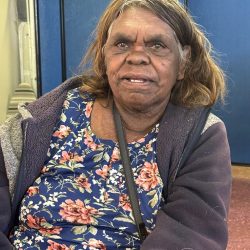
Lucky Morton
Rocket Range

Freddie Dixon
Urapuntja Homelands

Charlie Jones
Urapuntja Homelands

Graham Long
Aniltj (Boundary Bore)
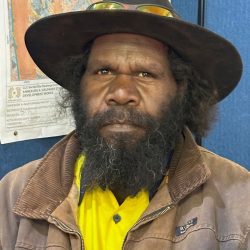
Malcolm Club
Ngkwarlerlanem

Steven Ross
Urapuntja Homelands
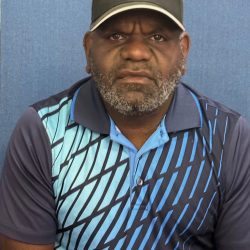
Esau Nelson
Urapuntja Homelands

Gary Bird
Mulga Bore
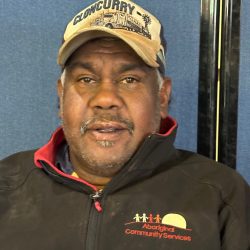
Shane Loy
Lylentye (Mosquito Bore)
Chief Executive Officer

James (Jim) Stacey
Chief Executive Officer
Our Strategic Plan
Vision
Everyone in the Alyawarra and Angarapa Aboriginal Land Trust looks after each other, stays culturally connected to country and takes responsibility for creating social and economic opportunities to improve our future.
Purpose
The Corporation supports community-led solutions that will drive sustainable social and economically viable opportunities for the people in the Alyawarra and Angarapa Aboriginal Land Trust.
We exist to:
- Promote the development and interests of Aboriginal people and communities within the area of the Corporation
- Assist Aboriginal communities within our area to attain self-sufficiency and self-determination
- Support and encourage traditional law, language and culture
- Enable the Aboriginal communities within our area to act together to achieve their objectives
Objectives & Strategies
These priorities will guide the operations of the Corporation over the next five years 2023-2028. The Board of the Urapuntja Aboriginal Corporation will benchmark the progress of the Corporation against the progress of these priorities.
Objective 1
Encourage and support the homelands to maintain and strengthen their connection to country, language, lore and culture.
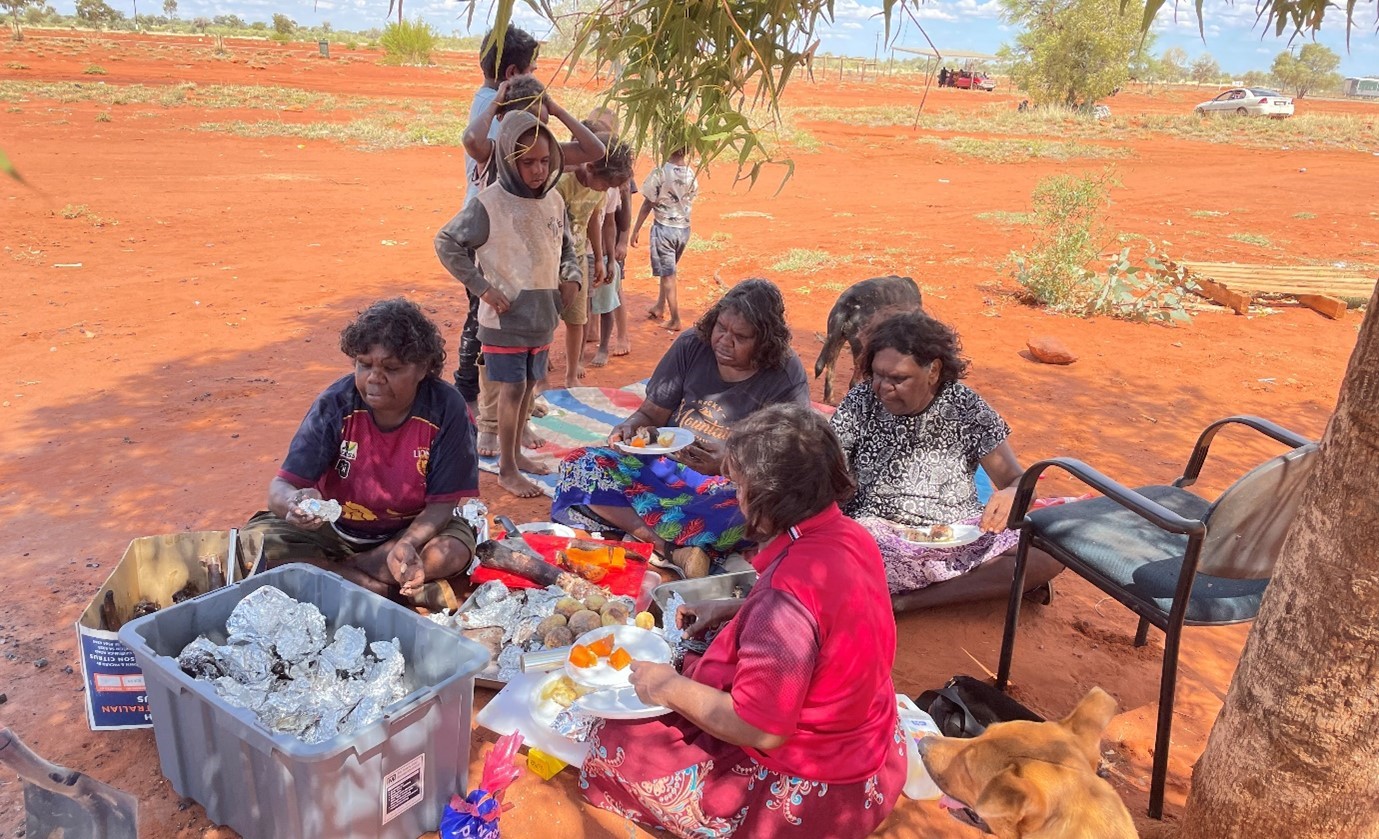
Strategies
- Make available resources to community members to fulfill their cultural obligations.
- Explore funding and initiatives for women’s, men’s and youth camps on country.
- Investigate culturally appropriate ways for the homelands to practice and assert.
- their traditional lores and customs.
- Advocate for the preservation and teachings of lore, language and culture.
- Advocate for recognition and support of homelands as the cornerstone for the preservation of culture, lore and language.
Objective 2
Support the homelands to improve their social and emotional well-being.
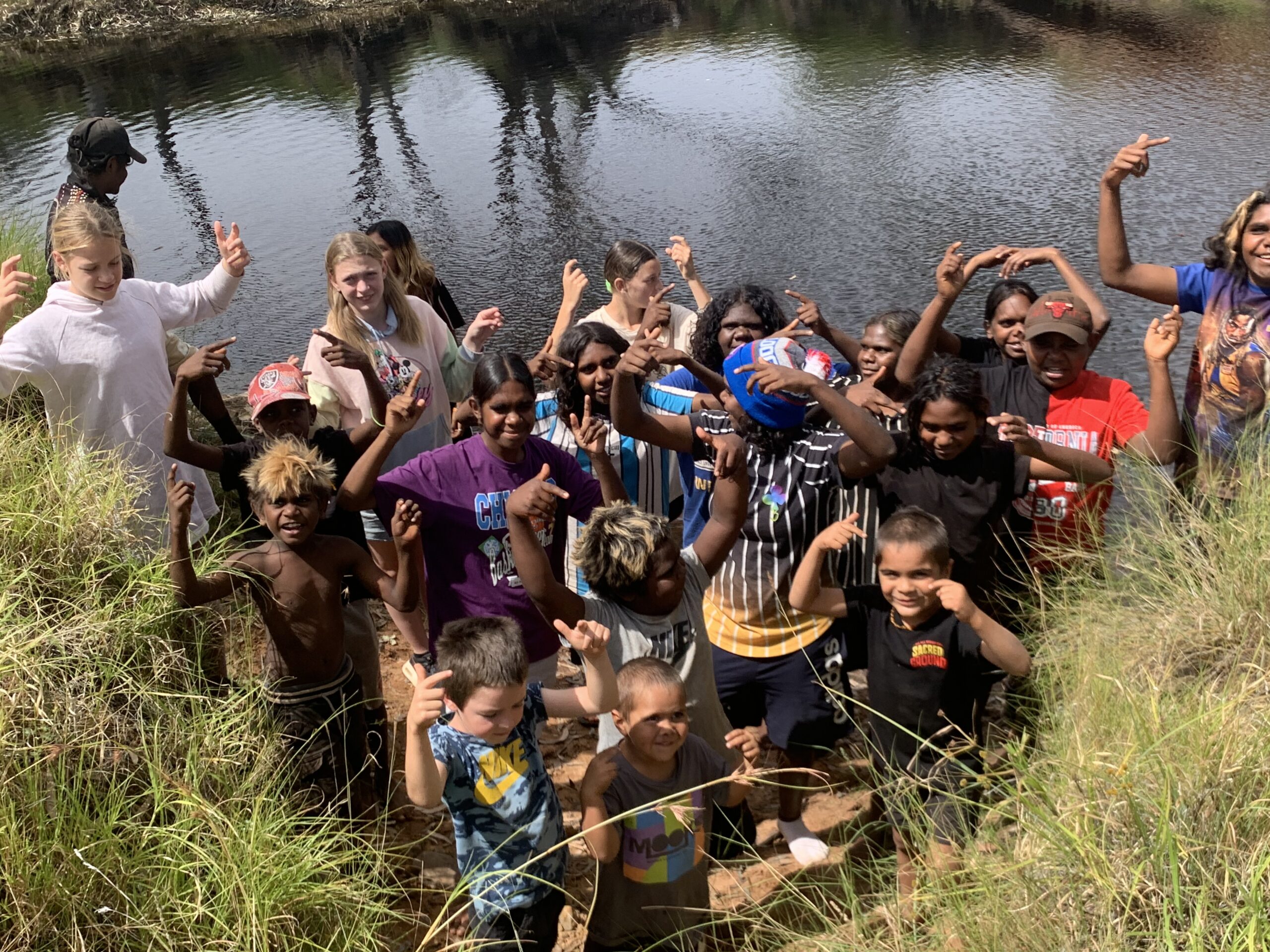
Strategies
- Advocate for improvements to service delivery and infrastructure to address the effects of chronic overcrowding, health and well-being issues.
- Support homeland-led solutions to social issues as identified by the homelands.
- Prioritise the contracting of external services that will improve social and emotional well-being of the homelands.
Objective 3
Enhance the independence of the homelands through sustainable enterprises, joint ventures, employment opportunities and business partnerships.

Strategies
- Support the creation of economic and employment opportunities.
- Pursue business ideas that will provide independence through sustainable economic enterprises.
- Identify and engage with key partners to work with the Corporation to create employment pathways and to build community capacity to improve the livelihoods of community members.
- Prioritise the employment of community members in all business and social enterprises.
- Seek funding to underwrite the functions and basic activities of the Corporation.
- Seek recognition for the homelands as an independent local government authority.
Objective 4
Collaborate with third parties in the delivery of services that will empower the Corporation and homelands to ultimately take ownership of the services.
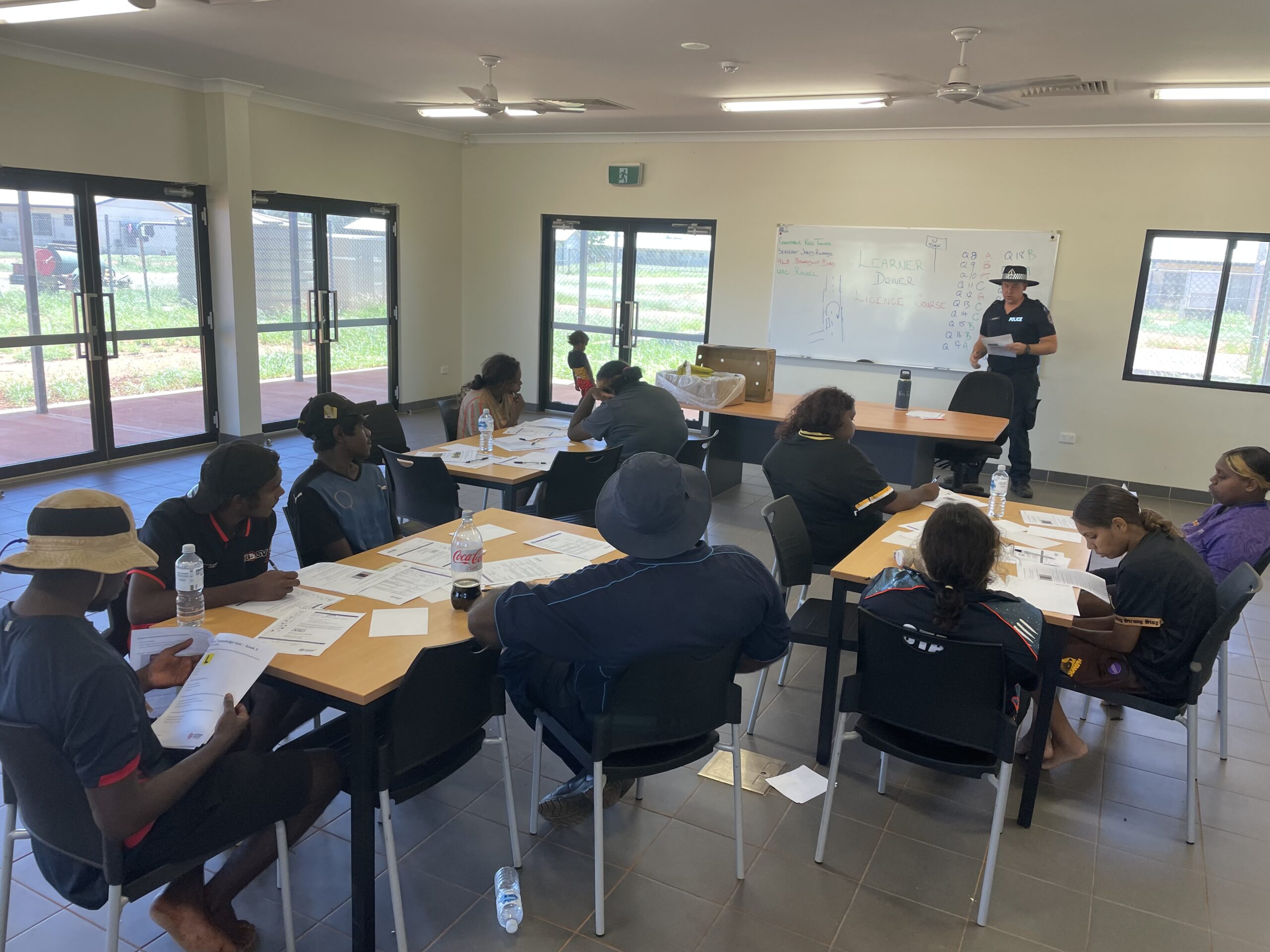
Strategies
- Influence external agencies to contribute to inclusive and sustainable development by building the capacity of the Corporation and community members.
- Prioritise services that can be delivered by the Corporation in order to build and increase its capacity.
- Focus on building the Corporation’s capacity to ensure it has the right mix of skills and expertise to succeed into the future.
- Develop strategic alliances and formal understandings with external agencies to provide effective and co-ordinated delivery of services and culturally appropriate community development projects.
Objective 5
Provide education and training to community members in order to alleviate the effects of long-term unemployment.
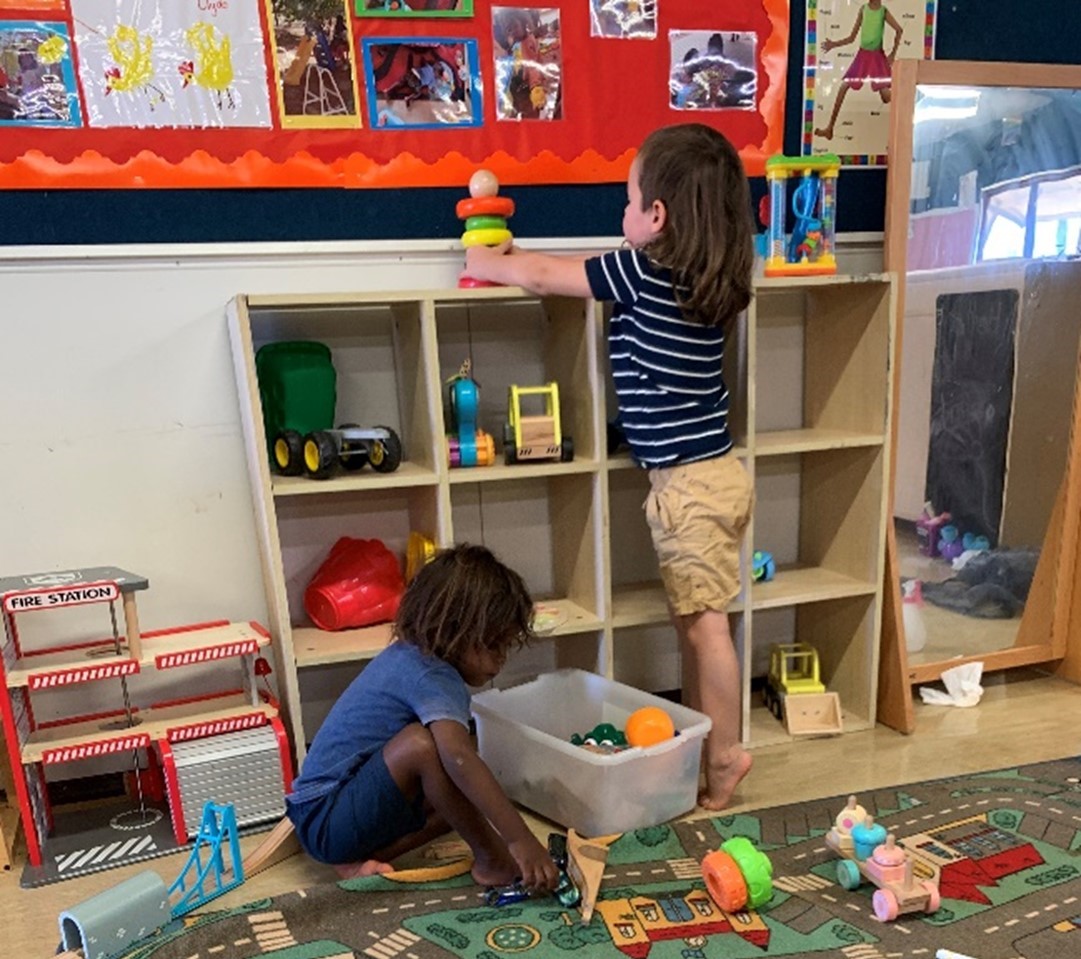
Strategies
- Collaborate with the school, community members and families to get children to school.
- Promote the importance and benefits of education and employment in the homelands.
- Work with the homelands to develop programs that will lead to training, employment and economic opportunities.
